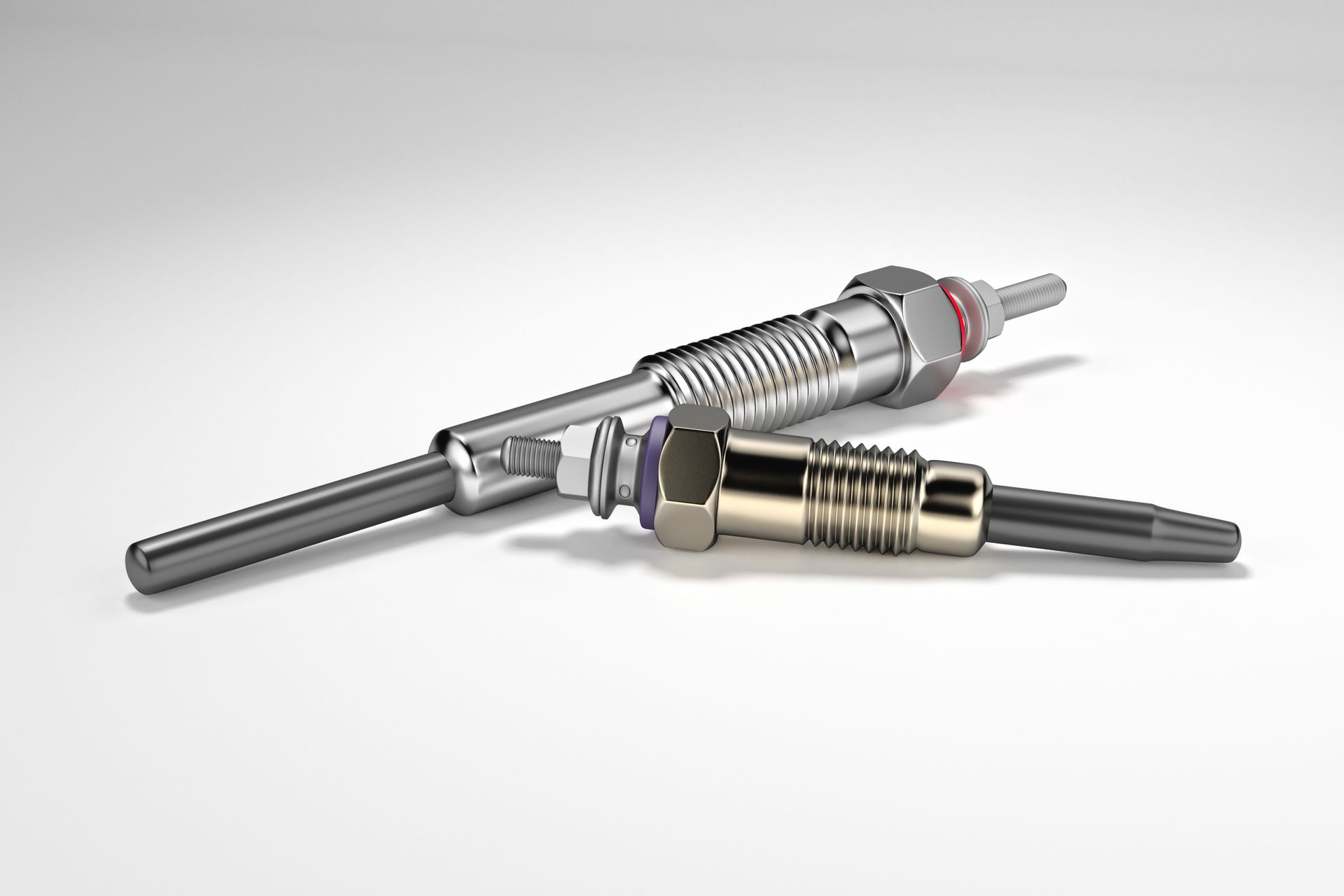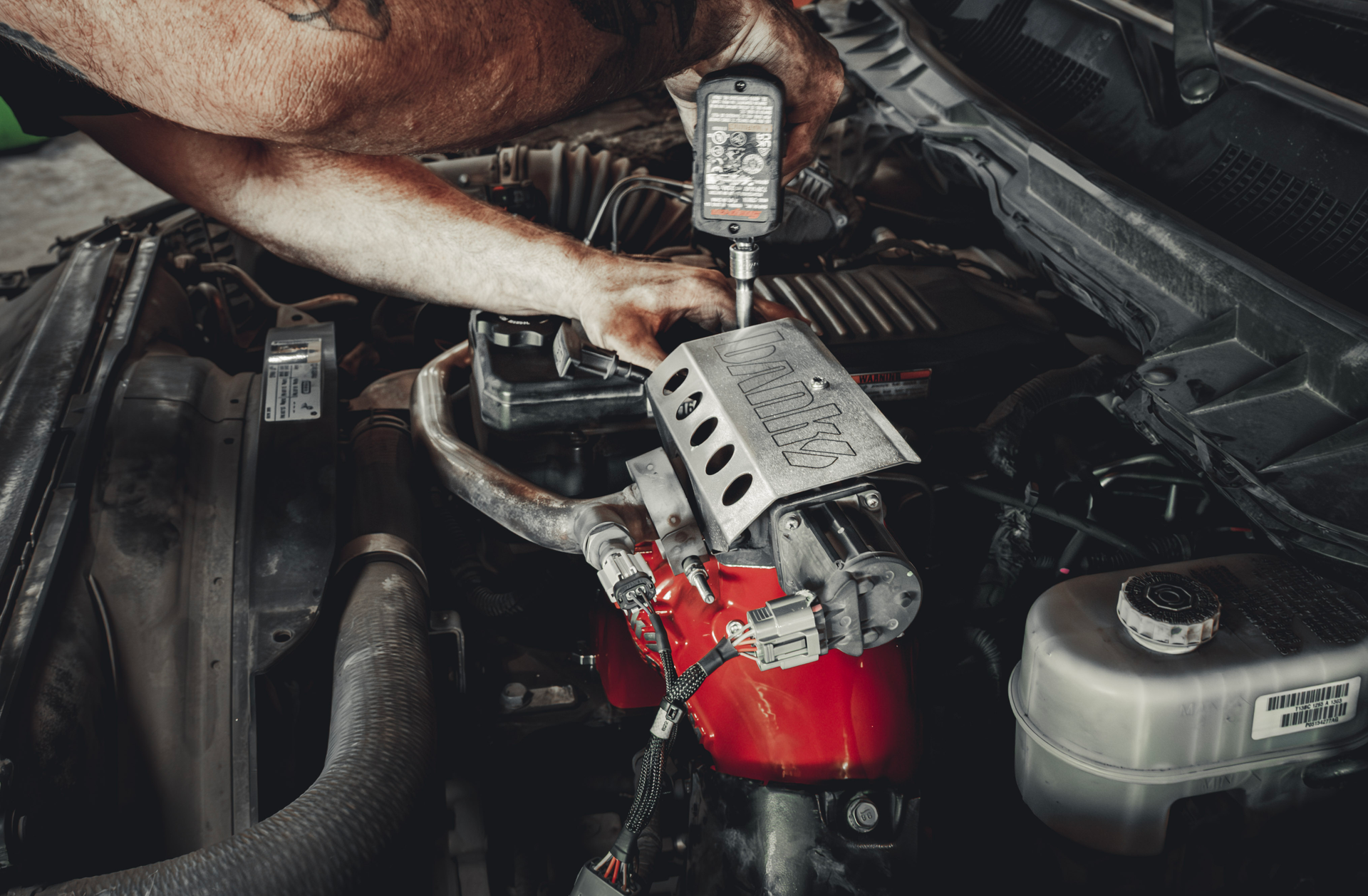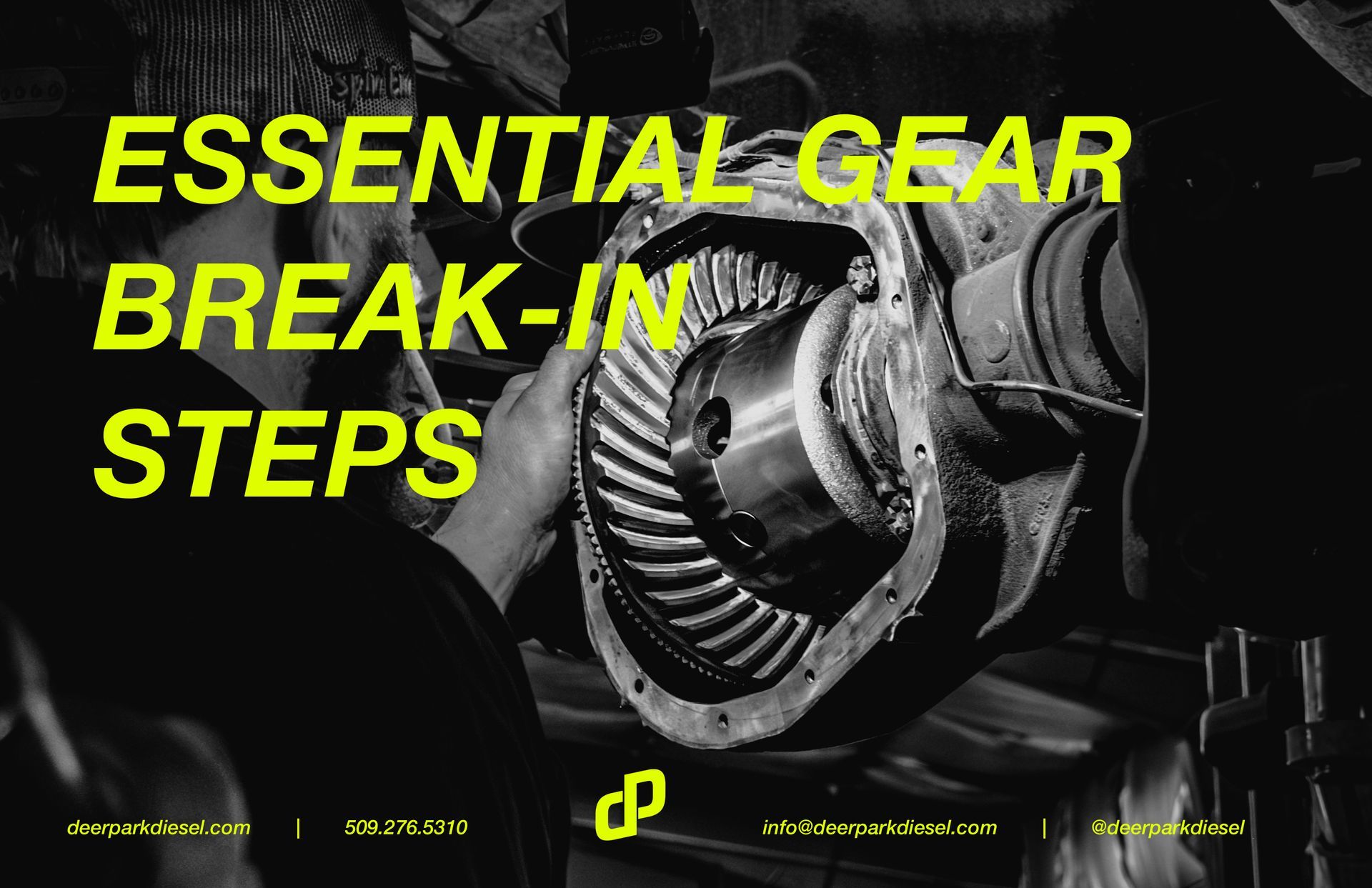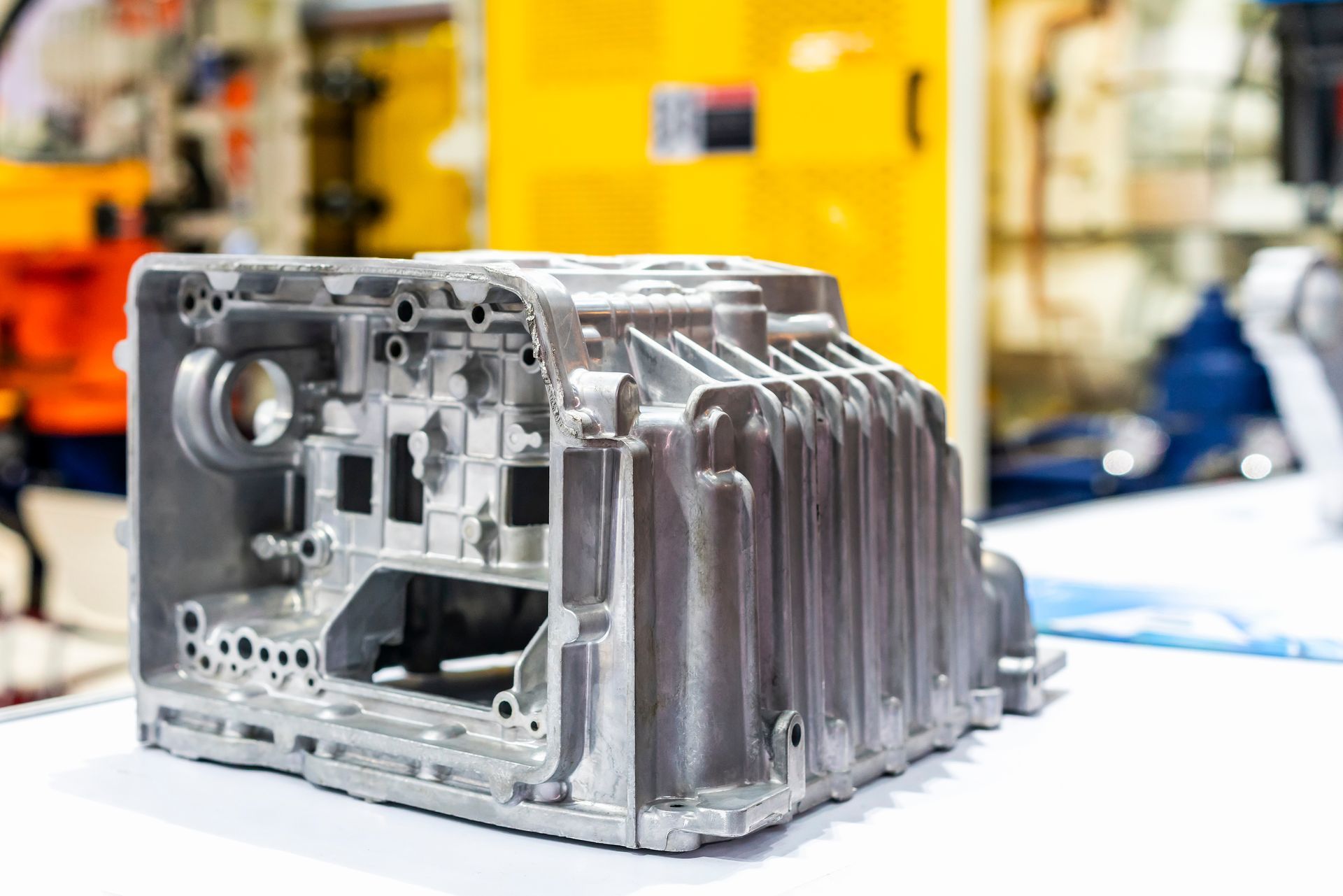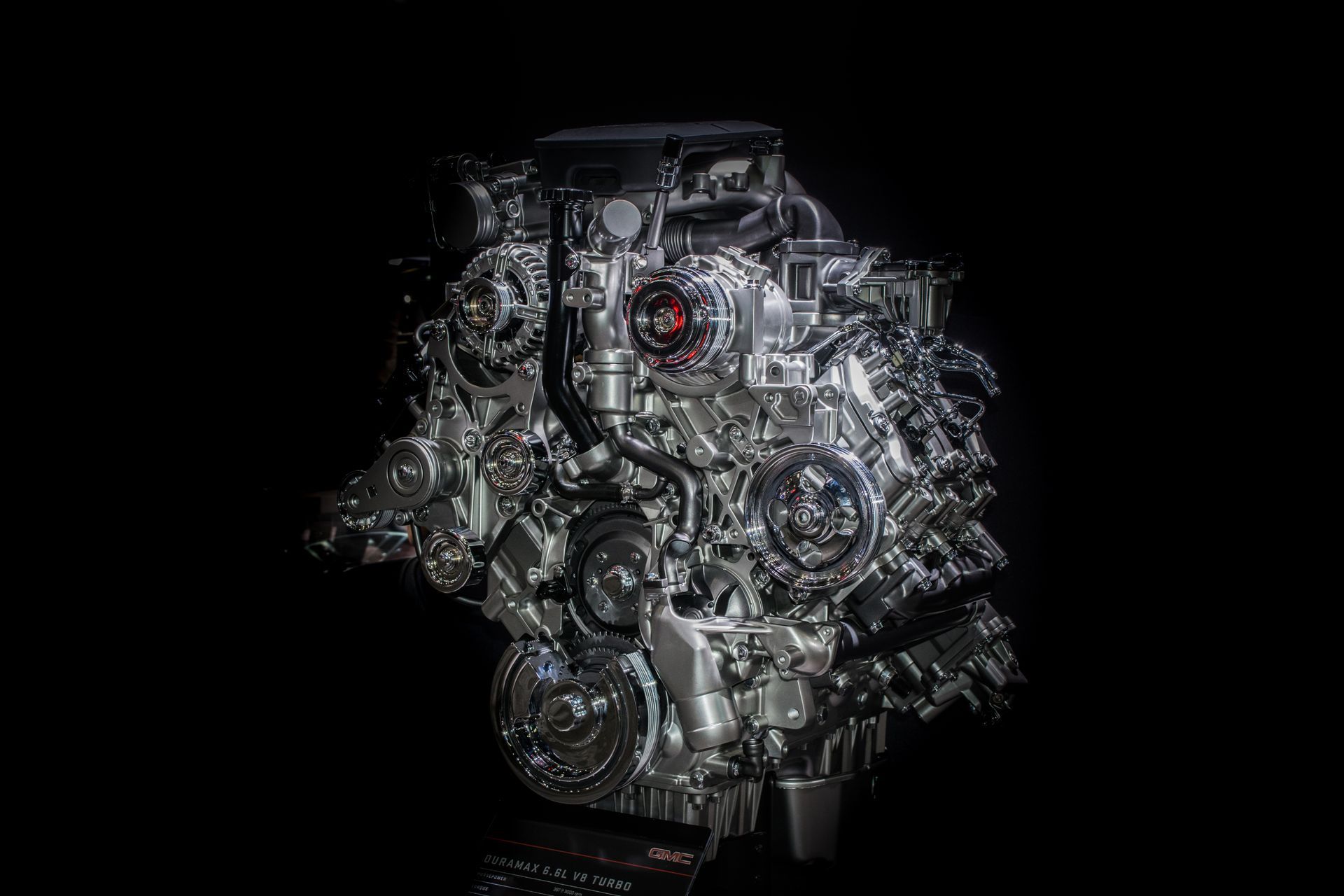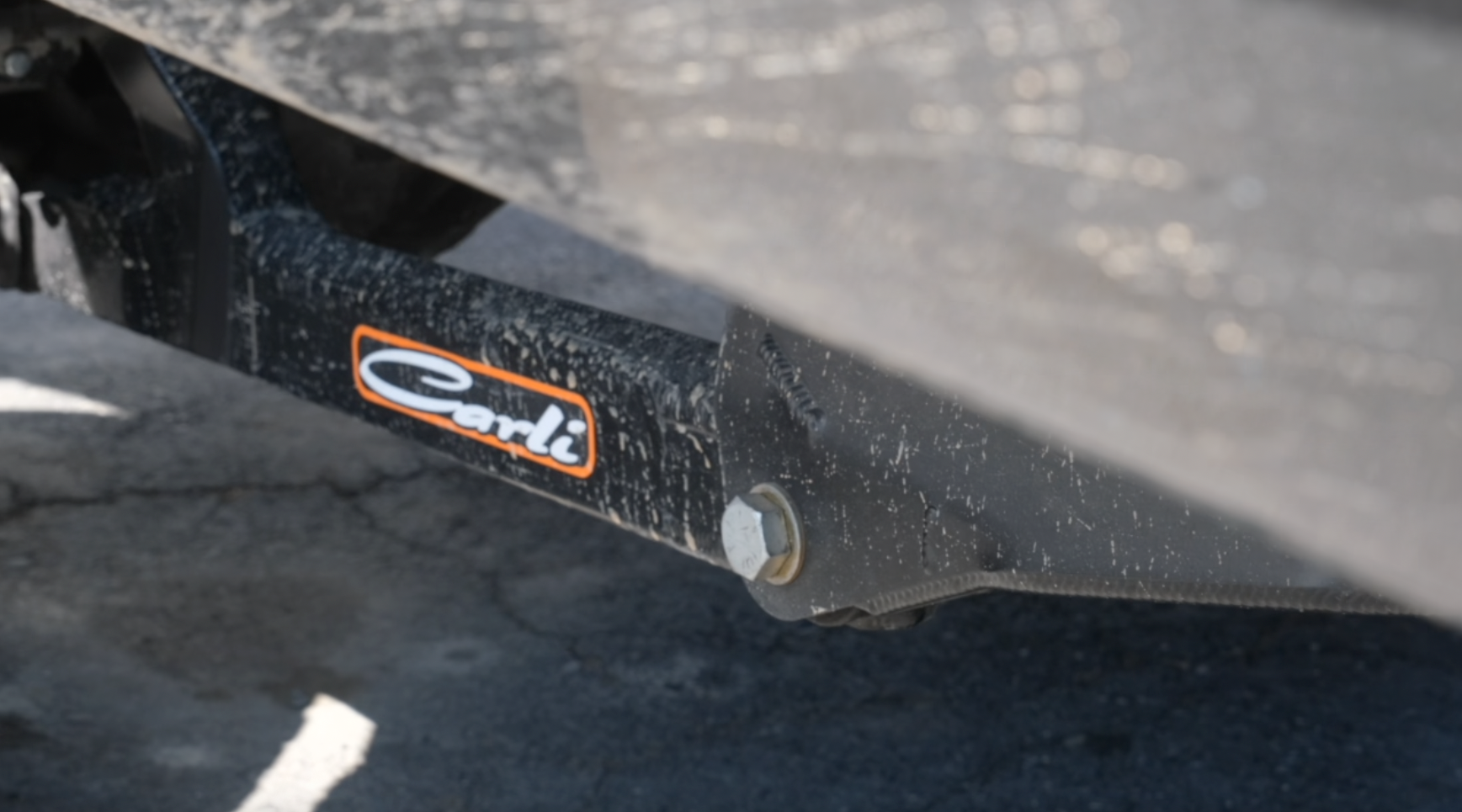If you've noticed your diesel truck isn't accelerating like it used to, you're not alone. Many truck owners face this issue, and it can be frustrating, especially when you rely on your vehicle for heavy-duty tasks or long hauls. But why does this happen? Several potential reasons exist, ranging from mechanical issues to fuel quality problems. Let's explore the possible causes and what you can do to get your truck back to its peak performance.
Engine Wear and Tear
One of the most common reasons your diesel truck might be sluggish is due to engine wear and tear. Diesel engines are built to last, but they aren't immune to the effects of time and usage. Over time, components such as pistons, rings, and cylinder walls can wear out, leading to a decrease in engine efficiency and power. This wear and tear can result in reduced compression, which directly affects your truck's acceleration.
Regular maintenance and timely replacement of worn-out parts can help mitigate these issues. If your truck has accumulated significant mileage, it might be worth getting a comprehensive engine check-up to identify and address any wear-related problems.
Fuel System Issues
Another key player in your diesel truck's performance is the fuel system. Diesel engines rely on a precise mixture of fuel and air to run efficiently. If there's an issue with the fuel system, such as clogged fuel injectors or a failing fuel pump, it can lead to poor acceleration. Contaminated fuel can also cause problems, affecting the injectors' ability to deliver the correct amount of fuel to the engine.
Regularly changing fuel filters and using high-quality diesel can help keep your fuel system in good shape. Using fuel additives that clean the injectors and other components can improve performance.
Turbocharger Problems
Diesel engines often come equipped with turbochargers to boost power and efficiency. However, turbochargers can develop issues over time. If the turbocharger isn't working correctly, it can lead to a noticeable drop in acceleration. Problems can range from a simple loose connection to more serious issues like worn-out bearings or a damaged turbine.
Routine inspections of the turbocharger and its associated components can help identify issues before they become severe. If you suspect a turbocharger problem, it's essential to get it checked and repaired by a professional.
Exhaust System Blockages
A blocked or damaged exhaust system can also affect your diesel truck's acceleration. Diesel engines produce a significant amount of exhaust gasses, and any restriction in the exhaust system can create backpressure, reducing engine efficiency. Common culprits include clogged catalytic converters or diesel particulate filters (DPF).
Regular maintenance of the exhaust system, including cleaning or replacing the DPF, can prevent blockages. If you notice a significant drop in performance, a professional inspection of the exhaust system might be necessary.
Transmission Troubles
Sometimes, the issue isn't with the engine but with the transmission. If your diesel truck's transmission is slipping or not shifting gears properly, it can lead to poor acceleration. Transmission issues can stem from low transmission fluid levels, worn-out gears, or faulty sensors.
Maintaining the transmission by checking fluid levels and replacing fluids as recommended by the manufacturer can prevent many issues. If transmission problems persist, a detailed inspection and potential repairs might be needed.
Air Intake Restrictions
Diesel engines need a steady supply of clean air to operate efficiently. Any restriction in the air intake system, such as a dirty air filter or a blocked intercooler, can reduce the amount of air reaching the engine, leading to poor acceleration. Ensuring that the air intake system is clean and free of obstructions is vital for maintaining performance.
Regularly checking and replacing air filters, as well as inspecting the intercooler and other intake components, can help keep the air flowing smoothly to the engine.
Notice a drop in your diesel truck's acceleration? Contact
Deer Park Diesel today for expert maintenance and repair services.



